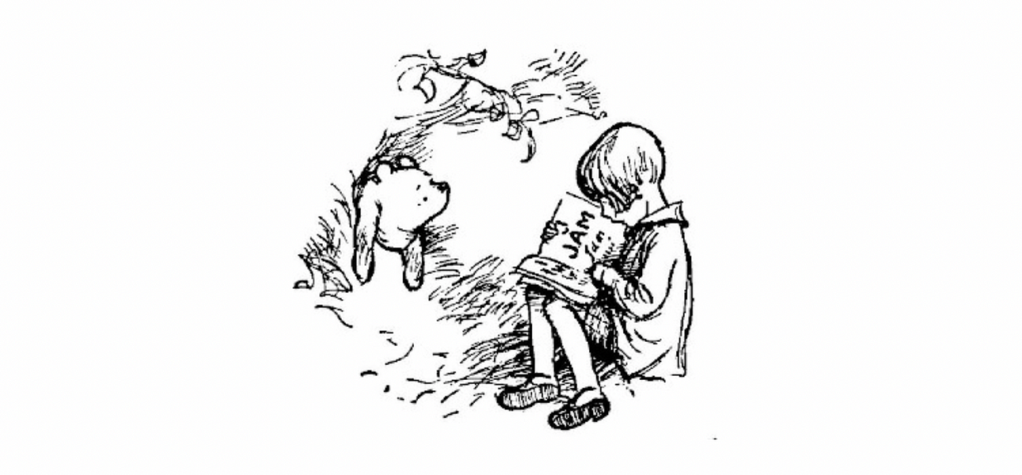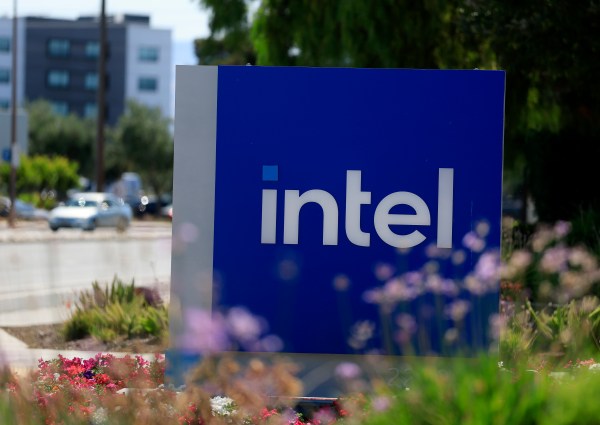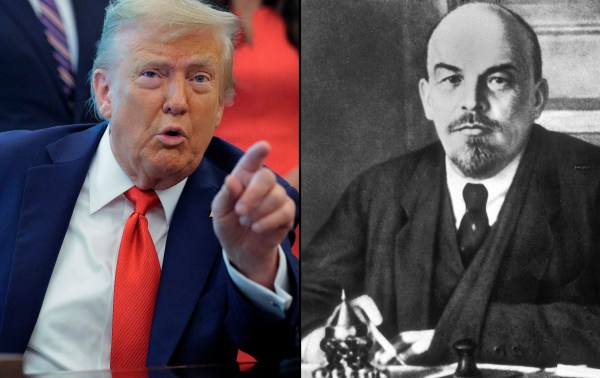Twitter was aflutter, as Twitter tends to be, when news dropped on Wednesday that A.A. Milne’s beloved teddy bear character, Winnie-the-Pooh, would be returning to the big screen. As a horror movie villain. Who hunts and eats humans. In a movie titled—hand to God, this is the real name—Winnie the Pooh: Blood and Honey.
The film is not being made by Disney—though the corporation is perfectly okay with a murderous Winnie-the-Pooh doppelgänger—instead being produced by an independent filmmaker who is taking advantage of the fact that the copyright for the original Milne-authored Winnie-the-Pooh lapsed five months ago. (There are a number of legitimate reasons to oppose strict copyright laws, every single one of which is rebutted by the phrase “Winnie-the-Pooh slasher movie.”)
Details about Winnie the Pooh: Blood and Honey are sparse at the moment, with only a few horrifying pictures and plot details currently out. But here’s what we know thus far: Abandoned by a college-bound Christopher Robin, Pooh and Piglet turn feral, kill and eat their friend Eeyore, and begin hunting humans for sport in grisly fashion. I don’t think I’m exaggerating when I say this is the most disturbing use of Pooh intellectual property since the “Heffalumps and Woozles” song.
The fact that this is being done to the Winnie-the-Pooh character at all is saddening. The fact that it’s being done with the original stories is even worse. The Milne Pooh tales are literary and whimsical in a way that doesn’t fully translate to the Disney cartoons, making this monstrous reinterpretation of Pooh Bear feel all the more like a transgression against innocence.
In an era in which nostalgia is milked for everything it’s worth, and every movie, television show, video game, and book with even a modicum of popularity is revived, rebooted, and resold to the public, this feels like the fitting culmination of our intellectual-property–obsessed culture. (It is slightly amusing that this particular I.P. cash grab is based on a character famously associated with the current king of lazy I.P. cash grabs. The Disney interpretation of Pooh is, by the way, still protected under Disney’s copyright of its animated series, along with a few other characters original to the company’s adaptations.) We live in a world that has an unhealthy preoccupation with repurposing childhood for adults— iCarly spoke to you as a child, how about we make an iCarly that speaks to you now? Like superheroes as a kid? Marvel will throw in a sex scene to make sure you know they’re for grown-ups now too. And don’t even start on Scooby-Doo, which is now in the midst of getting its second reboot geared toward adults—if, that is, the terrible live action Scooby-Doo movies of the early aughts can really be said to be geared toward anyone.
It’s undoubtedly bad for the consumers of such content to be stuck forever in the state of arrested development it engenders; instead of moving on to works of more maturity, they participate in some mutant form of “grown-up culture” forged from pieces of their childhood now set in different circumstances. But it is bad for the works of fiction too. Characters like Pooh have power as nostalgic figures precisely because of their strong associations with a specific time in our lives. Once those associations break down, once Pooh ceases to be a beloved childhood icon and becomes just another recurring figure in our lives—a sweet bear when you’re a child, a horror movie villain when you’re an adult, maybe even eventually an angsty teen for the high school audiences out there—he ceases to represent anything at all. The defining characteristics of Pooh are changed over and over again in a bizarre fit of cultural narcissism in order to make him whatever we want at a particular time in our lives.
This inability to let things simply be what they are is, at its heart, a refusal to accept that some things are not meant for us, an attempt to redefine the world around us instead of recognizing that we must change with the circumstances of life. “When I was a child, I spake as a child, I understood as a child, I thought as a child: but when I became a man, I put away childish things,” as Paul the Apostle said.
Childish things should be allowed to exist on their own terms as just that: childish things. Let them be wholesome and whimsical and innocent, let them be things for children, that we may look back on them and recall a simpler time in our own lives. And then, one day when the circumstances of life change once again, we may revisit them as we introduce them to children of our own. Winnie-the-Pooh is not a horror movie villain. He is, as Christopher Robin said nearly a century ago, a silly old bear. Let him remain that.







Please note that we at The Dispatch hold ourselves, our work, and our commenters to a higher standard than other places on the internet. We welcome comments that foster genuine debate or discussion—including comments critical of us or our work—but responses that include ad hominem attacks on fellow Dispatch members or are intended to stoke fear and anger may be moderated.
With your membership, you only have the ability to comment on The Morning Dispatch articles. Consider upgrading to join the conversation everywhere.